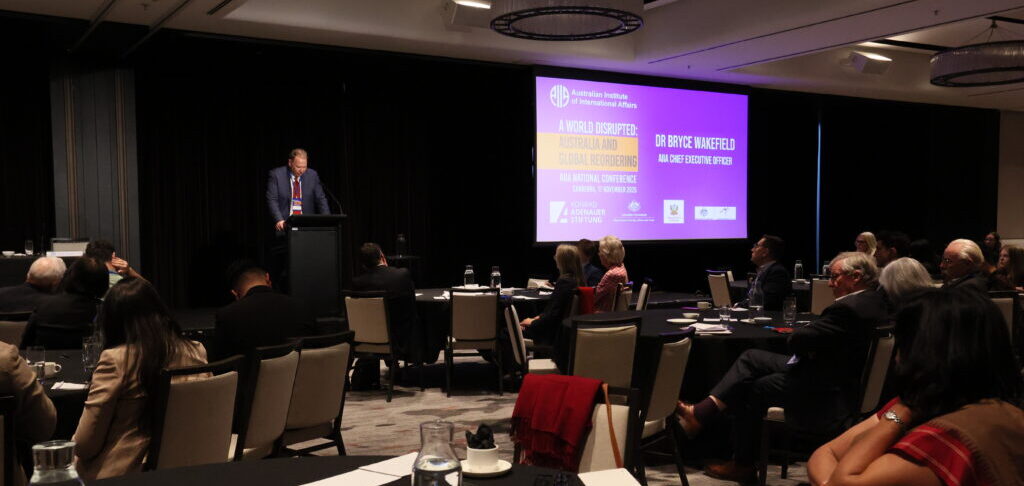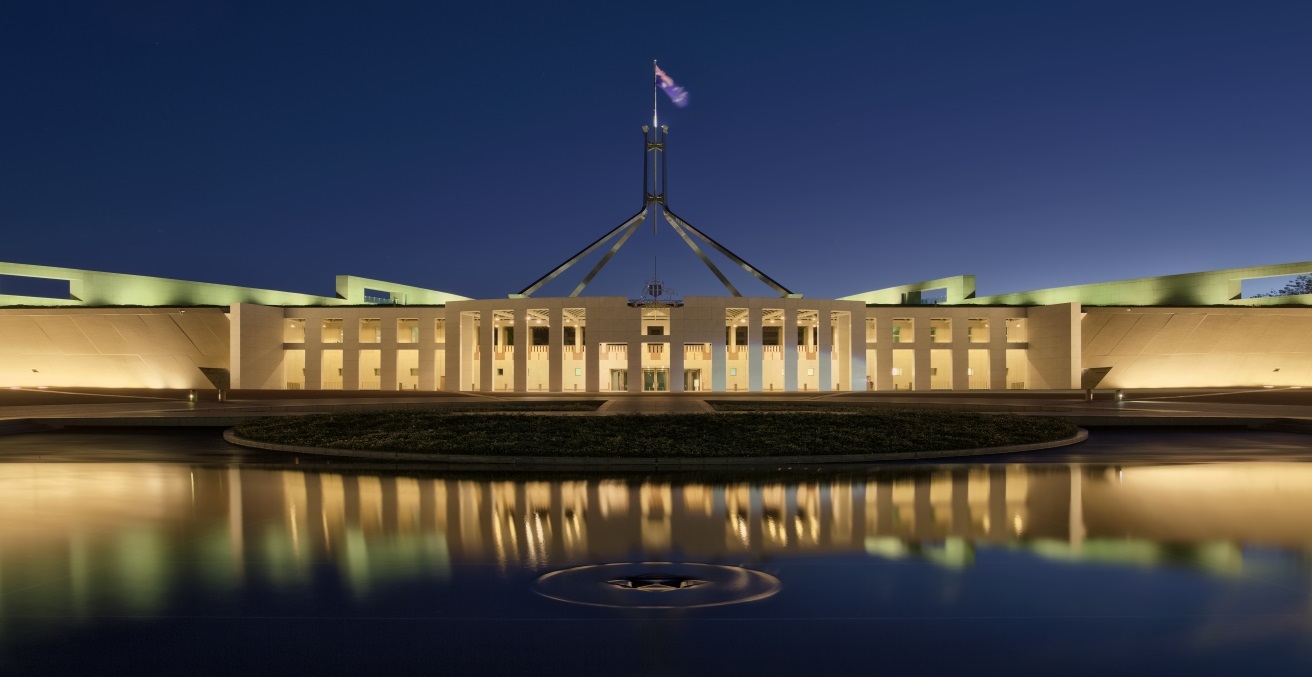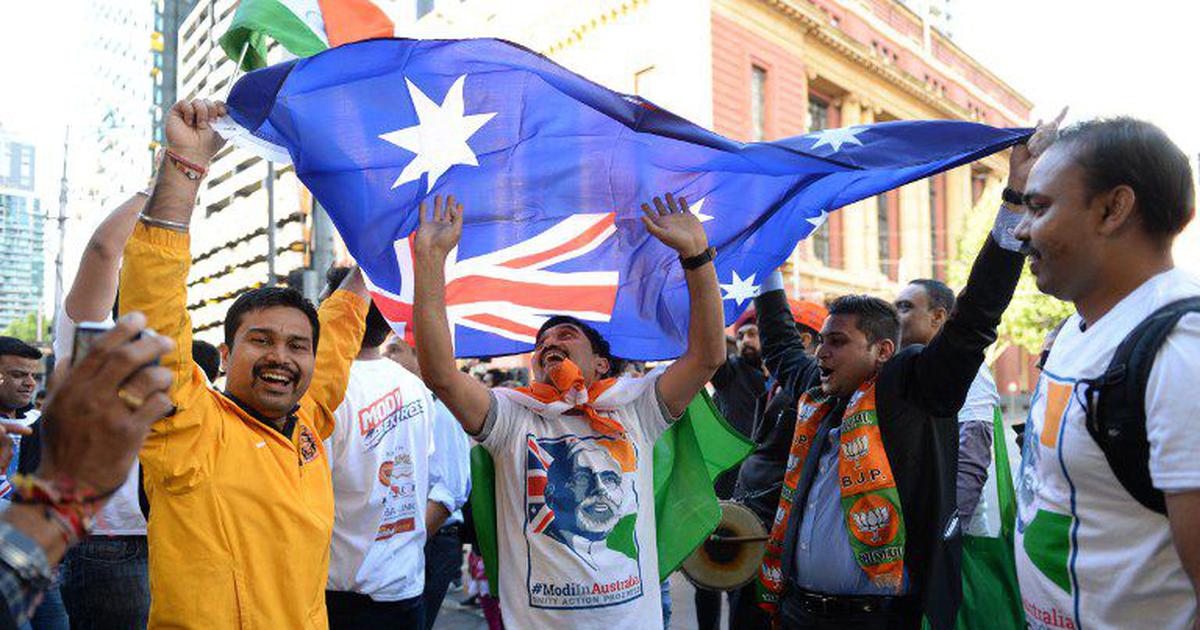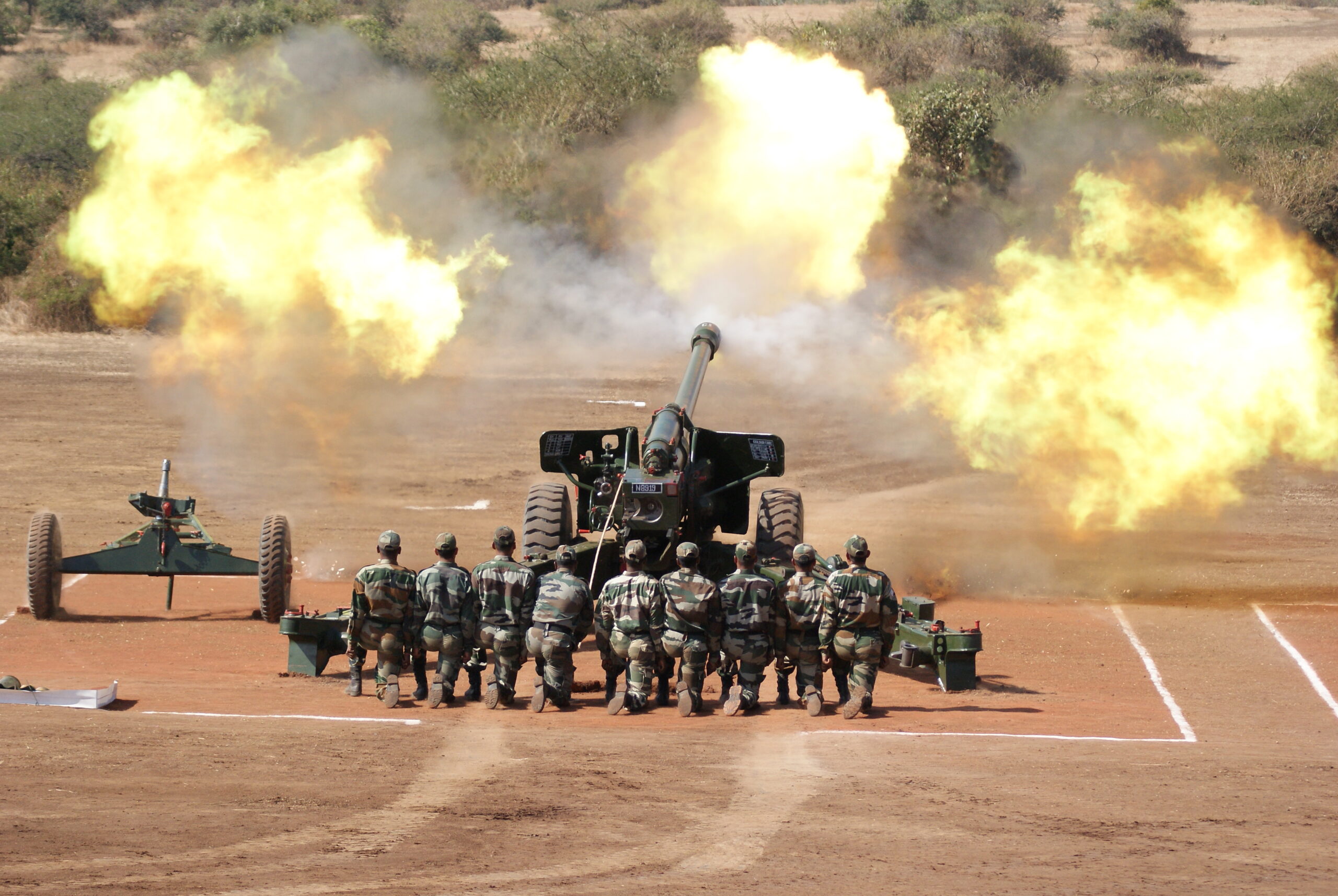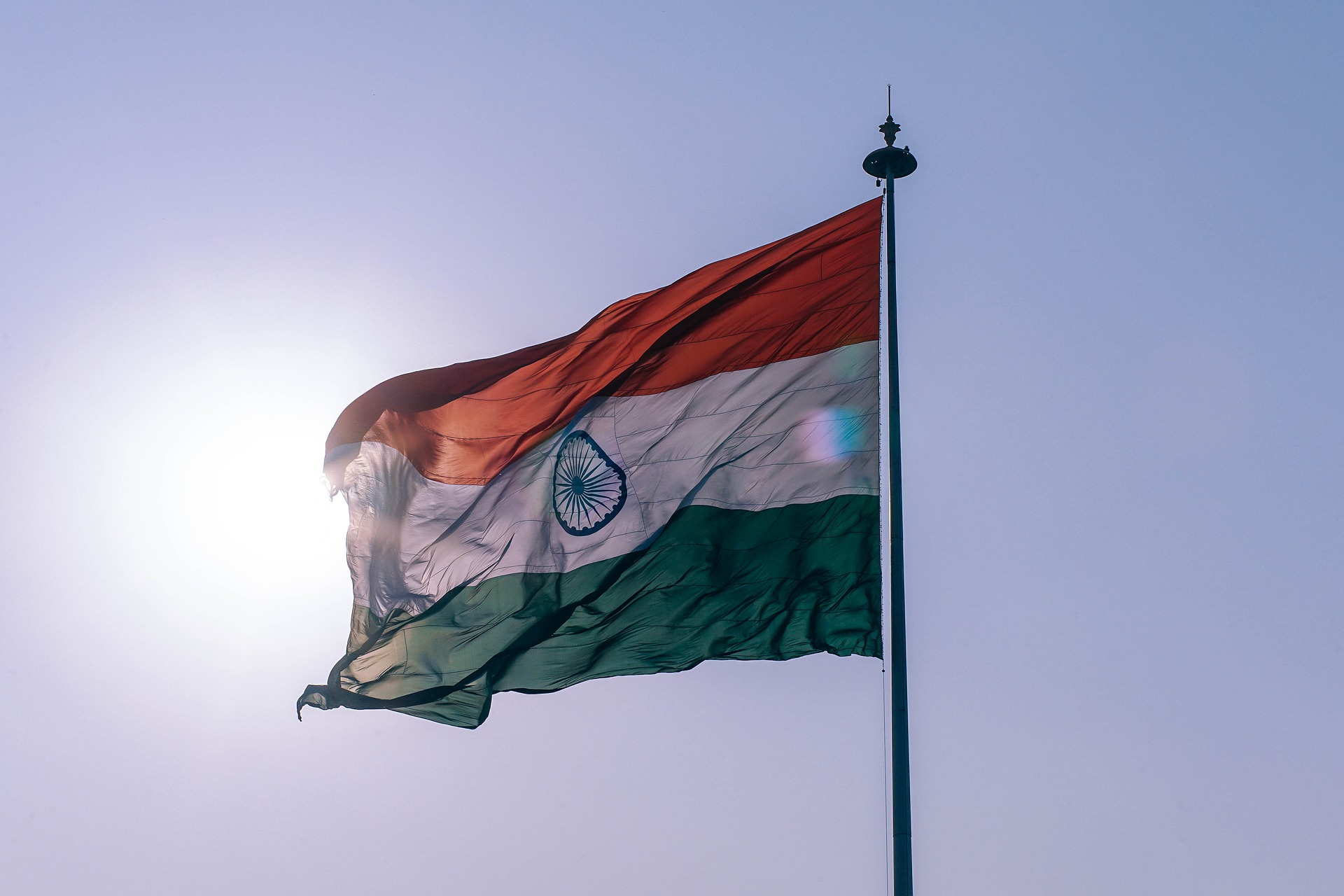The 2025 AIIA National Conference covered an extraordinary amount of ground. The summation of the conference, however, shows that several key themes were clear.
Ladies and gentlemen, excellencies, fellows of the AIIA, members, colleagues, friends,
We are not quite finished yet, but as we start to bring this year’s AIIA National Conference to a close, it’s worth remembering our theme: A World Disrupted: Australia and Global Reordering. Over the course of today’s discussions, what has become clear is that we are not merely observing disruption as an external event: we are living through the consequences of a profound reordering that touches every dimension of foreign policy, domestic politics, economics, technology, and identity.
We close this conference by acknowledging something different. There is no going back to a previous equilibrium. The disruptions we have examined today are now structural. And the challenge ahead is to understand how Australia positions itself not only to manage this world, but to shape it.
This is, as Peter Varghese said, not a “flesh wound.” The system that suited us so well is gone.
Keynotes
However, I really want to begin today with Heather Smith’s keynote, because it stood out not only as a highlight today, but as one of the clearest and most deeply considered contributions she has delivered at this conference. And I promise I’m not just saying that because she’s my boss.
Heather’s remarks demonstrated an even sharper insight into the forces reshaping our strategic environment. Her argument that “Australia is drifting into the new paradigm” captured precisely the concern that threaded through our panels: that the world is changing faster than our policy structures or political imagination.
Her description of the “spectacle of the coalition of the authoritarians” in Beijing was not theatrical language. It was a diagnostic. A signal that revisionist powers are coordinating narratives and postures aimed at drawing a line under a supposed pax Americana.
And her reminder that the changes in the global financial system will be deeper than those in the trade system underscored a key theme today: that economic order is fragmenting in ways not yet fully understood.
Crucially, Heather argued that the United States underestimated China’s ability to withstand a trade war, and she used the term “crossfire” to describe Australia’s position between the two giants. Not simply caught between them strategically, but structurally and economically tied to one, security-dependent on the other, and deeply invested in the norms that both now contest.
Heather’s assessment that “to say that Australia is not positioned for this world is an understatement” landed heavily because it reflected a throughline across multiple panels. And her reminder that it is not necessarily in Australia’s interests for China’s economic rise to be constrained was a call for nuance–it’s strange that some see that as a dirty word–in national strategy, something very much needed at a time when global narratives are hardening.
Yet, as she reminded us, we are not without agency. We can leverage geography, invest in self-reliance, and build more sophisticated Asia knowledge. Perhaps her most striking point was that understanding China is not the same as agreeing with China, a distinction that Australia has not always communicated well in public debate.
We also heard today from political leaders, including Shadow Minister for Home Affairs Jonathan Duniam, who argued that Australia must be in a mode of “listening as well as leading in the region.” This balance—quiet attentiveness alongside strategic assertiveness—mirrors the sentiments across the Indo-Pacific.
He reminded us that while military force creates the space for diplomacy to work, diplomacy itself requires sustained commitment, trust, and presence. And he reinforced that in his view the US alliance is fundamental, but cannot substitute for regional engagement or Australian agency.
Mathias Cormann reinforced a similar point from a different angle: trust in multilateral systems must be rebuilt, and those systems must be not only effective but fair, with benefits more evenly distributed across the globalised economy.
As Peter noted, multilateralism is not dead, even if we have lost “global multilateralism.”
Quiet Strength: Regional Friends and the Shape of the Indo-Pacific
Our session on regional friends made something very clear: the Indo-Pacific is no longer defined, if it ever was, by neatly ordered alliances or singular structures. As Lisa Singh memorably put it, we now operate in a “soup”–I love that term, and I intend to use it—of bilateral, minilateral, and multilateral arrangements: overlapping, sometimes duplicative, sometimes complementary, but increasingly essential.
From Japan, Satake Tomohiko stressed that the regional order is changing and that Australia and Japan must cooperate to support a “transfer of order,” ensuring continuity even as the architecture shifts. Importantly, he noted that in minilateral frameworks, “Australia is always there,” a reminder that presence itself is strategic capital.
This was echoed by Adrian Ang from Singapore, who pointed to the recent Indonesia–Australia security agreement as part of a new latticework less reliant on the United States. His question—how long can ASEAN maintain centrality without unity?—remains one of the toughest in the region.
Profit and Peril
Our economic discussions made one point overwhelmingly clear: disruption does not halt commerce, but it does reshape its foundations.
Simon Birmingham observed that if past AIIA National Conferences debated whether the world was disrupted, this year settles the matter: disruption is no longer hypothetical. It is historic. Yet he reminded us that the global flow of goods, services and investment is so deeply embedded that it will continue, even under strain.
From a business perspective, Bran Black urged us to rethink how Australia can ensure its investment framework remains competitive, warning that our capacity to maintain living standards is trending in the wrong direction.
Darren Godwell added a dimension too often overlooked: where there are indigenous interests in play in energy and other commercial projects, indigenous co-investment is essential, defining success from the outset, not something to be imported after disputes emerge. The latter is a recipe for project failure. And he pointed to Alaska as an example of Indigenous business models Australia could learn from. It’s powerful reminder that international engagement need not only occur between states.
Between the Giants
The panel on great power relations was eye-opening.
Several speakers tackled the uncomfortable reality that Australia does not always feature prominently in US strategic planning, or for that matter elsewhere, something I, not originally hailing from Australia but having worked on Australia from time to time during a stint at a think tank in Washington, have noticed. Elizabeth Buchanan made this point in her refreshingly straightforward fashion, and Maria Rost Rublee reinforced it, noting that Americans rarely understand what slogans like “100 years of mateship” mean in practice, if they have ever heard them at all.
This aligns with a broader observation today first articulated in Heather’s speech: that Australia’s narrative of the United States is often “narrow, binary, and circular”, missing the deep internal dynamics now shaping US foreign policy. This includes the politics of grievance Heather and I both highlighted.
Philipp Ivanov echoed Heather’s concern on our Asia competitiveness, and also described a new quiet confidence in Chinese diplomacy, even as Chinese society shows fatigue.
Ukraine came up, as it should, with several on the panel and later Linda Reynolds noting that Ukraine is teaching us about resilience and leadership. It was also fairly questioned whether the West is doing all it can to help Ukraine not only survive, but win a war that implicates the erosion of principles like sovereignty that underpin any sense of global order.
Pressure Points
On the panel on how international tensions are aggravating domestic politics, Kate Seward from Microsoft reminded us that tech can be both problem and solution in the fight against misinformation and that diaspora communities are uniquely vulnerable to manipulation.
Tim Watts spoke powerfully about Australian identity. Only 10 percent of Australians believe being born here is central to being Australian, a contrast with Japan’s 90 percent and America’s 40 percent. Australia’s embrace of newcomers, something I personally felt strongly at my own citizenship ceremony a few weeks ago, remains one of our greatest strengths. As he said, we don’t build pillars or silos; we build an “amorphous” inclusion, imperfect but evolving.
And Anthony Bubalo underscored this: Australians do not need to abandon their national identities when they adopt an Australian one. Expecting otherwise, he said, is simply political laziness.
Nevertheless, among the Australian optimism was a voice of perhaps German pessimism. Christian Rieck stressed that institutions, not just good intentions, are required to protect democracy, especially when indecent politicians appear, a reflection, perhaps, of very different political circumstances.
The End of Order?
We didn’t hear much, or at least, skipping between parallel panels, I did not hear much, about the United Nations, until we got to Gary Quinlan, who warned that when we are considering new systems of global order, “we shouldn’t throw the baby out with the bathwater.” Organs like the World Heath Organization and World Food Program still have a central role to play.
How these very human-centred institutions as well as nation state governments will be affected by AI was taken up by Toni Erskine, who emphasised that AI was a potential agent of disorder, with competition baked into its processes.
Central Themes of the Day
Across every panel and keynote, several threads emerged:
- Disruption is no longer episodic. It is structural.
- Order will need to be renegotiated, not restored.
- Australia has agency, but not if we remain complacent.
- Asia literacy, strategic creativity, and institutional resilience matter more than ever.
- Our relationships—U.S., China, ASEAN, Japan, regionally—require deeper sophistication.
- Identity and social cohesion are national security assets.
Above all, the message today was that the Indo-Pacific is not waiting for us to catch up. The region is already moving, through minilaterals, economic realignments, technological shifts, and new diplomatic confidence.
Australia must move with equal speed, clarity, and imagination.
The Work Before Us
We will do formal thank-yous soon, but for now thank you to all our speakers, our panel chairs, our branches, our sponsors, and our staff.
And thank you to Heather Smith, whose leadership, insight, and clarity helped frame today’s discussions. As I said earlier, this was the strongest version of her annual keynote I have heard, and it will set the tone for the work ahead of us.
As we leave this year’s conference, let us do so with a renewed sense of purpose. A world disrupted is not only a world of danger; it is also a world of opportunity for countries willing to think differently, act decisively, and engage consistently.
That is the work before us.
And as Zara’s example shows us,1 we are the people who will do this. Our thousands of supporters and members around Australia volunteer to support these discussions and engagement.
The AIIA will continue to support Australians to know more, understand more, and engage more as this new global order takes shape.
Thank you.
Dr Bryce Wakefield is the CEO of the Australian Institute of International Affairs. This speech has been reconstructed from his notes. For the exact speech, refer to the video, available soon. For keynote speeches and a list of all speakers of the 2025 AIIA National Conference, refer to the conference homepage.
This speech is published under a Creative Commons licence and may be republished with attribution to the AIIA.
- Zara Kimpton OAM FAIIA, who was previously AIIA Victoria President and AIIA National Vice President, was awarded the inaugural Nance Dickins Medallion for exceptional service to the AIIA. The award pays tribute to Nance Dickins, who for decades served as Secretary of the AIIA. Former AIIA National President the late Allan Gyngell AO FAIIA, who conceived of the award, insisted that Kimpton should be the first awardee, and the AIIA Board confirmed his preference this year.
